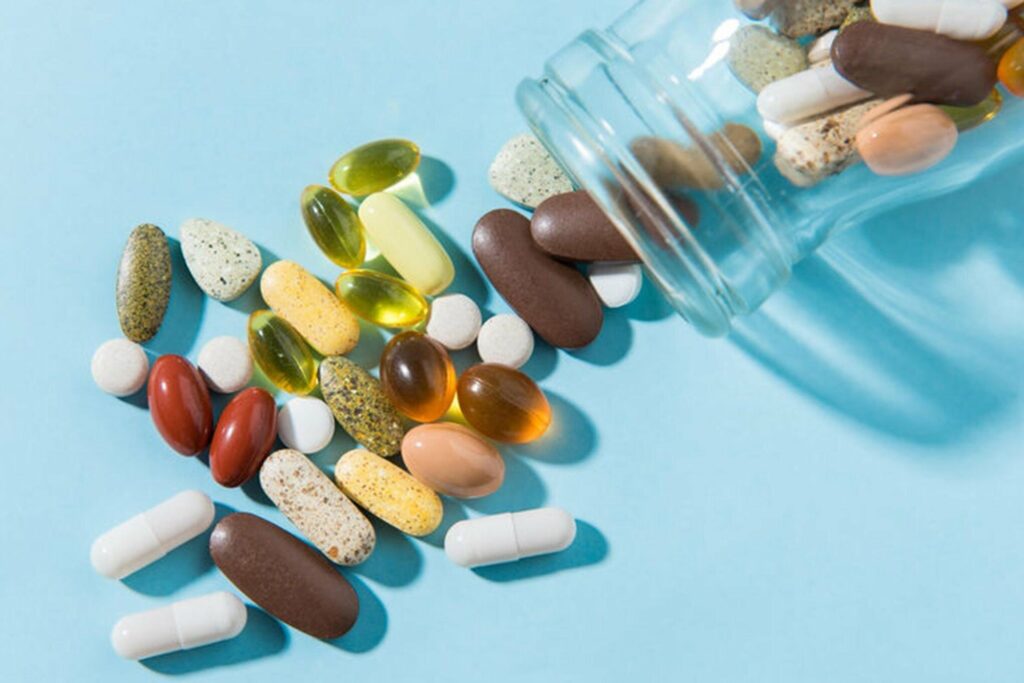The prostate gland plays a crucial role in male reproductive health, yet issues related to prostate health are common as men age. While lifestyle factors such as diet and exercise can influence prostate health, many individuals also turn to supplements as a means of support. In this comprehensive guide, we’ll delve into the intricacies of prostate health, explore common supplements used for prostate support, and provide evidence-based insights to help you make informed decisions about your prostate health.
Understanding Prostate Health
What is the Prostate Gland?
The prostate gland is a small, walnut-sized gland located below the bladder and in front of the rectum in men. It surrounds the urethra and produces fluid that nourishes and transports sperm during ejaculation.
What are Common Prostate Health Issues?
Common prostate health issues include benign prostatic hyperplasia (BPH), prostatitis (inflammation of the prostate), and prostate cancer. Symptoms of prostate problems may include urinary issues, such as frequent urination, difficulty urinating, or pain during urination, as well as sexual dysfunction and discomfort in the pelvic area.
How Can Diet and Lifestyle Impact Prostate Health?
A healthy diet rich in fruits, vegetables, whole grains, lean proteins, and healthy fats can support prostate health. Regular exercise, maintaining a healthy weight, and avoiding smoking and excessive alcohol consumption may also reduce the risk of prostate problems.
Common Supplements for Prostate Health
Saw Palmetto
Saw palmetto is a popular herbal supplement used for prostate health. It is believed to work by inhibiting the enzyme responsible for converting testosterone to dihydrotestosterone (DHT), which may help reduce symptoms of BPH.
Beta-Sitostero
Beta-sitosterol is a plant sterol found in various fruits, vegetables, nuts, and seeds. It is often included in prostate supplements for its potential to improve urinary symptoms associated with BPH.
Pygeum
Pygeum is an herbal extract derived from the bark of the African cherry tree. It is thought to have anti-inflammatory and antioxidant properties that may benefit prostate health and alleviate symptoms of BPH.
Lycopene
Lycopene is a powerful antioxidant found in tomatoes, watermelon, and other red fruits and vegetables. Some research suggests that lycopene may help reduce the risk of prostate cancer and improve prostate health.
Understanding Supplement Use
Are Prostate Supplements Effective
While some studies suggest that certain supplements may provide benefits for prostate health, the evidence is mixed, and results can vary from person to person. It’s essential to discuss supplement use with a healthcare provider to determine if they are appropriate for your individual needs.
What Are the Risks of Prostate Supplements?
While generally considered safe for most people, prostate supplements may cause side effects such as gastrointestinal upset, headache, and allergic reactions in some individuals. Saw palmetto, in particular, may interact with certain medications, including blood thinners and hormone therapies.
Can Diet Alone Provide Sufficient Prostate Support?
A balanced diet rich in nutrients, antioxidants, and phytochemicals can support overall prostate health. While supplements may offer additional support, they should not replace a healthy diet and lifestyle. It’s essential to focus on dietary habits first and foremost.
How Can I Choose Quality Prostate Supplements?
When selecting prostate supplements, look for products from reputable manufacturers that have been tested for purity, potency, and safety. Consider consulting with a healthcare provider or a registered dietitian to help guide your supplement choices.
Are There Supplements I Should Avoid for Prostate Health?
While some supplements may offer benefits for prostate health, others may have little to no evidence supporting their use or may even pose risks. Always research supplements thoroughly and consult with a healthcare provider before starting any new regimen.
Conclusion
Prostate health is a vital aspect of overall well-being for men, and it’s essential to take proactive steps to support it. While supplements may offer additional support for prostate health, they should be used cautiously and in conjunction with a healthy diet and lifestyle. By understanding the role of diet, lifestyle factors, and supplements in prostate health and consulting with healthcare professionals as needed, men can take charge of their prostate health and make informed decisions to promote long-term wellness.
- In-Depth Review Top Vape Mods Unveiled By Vape Sourcing - April 18, 2024
- Exploring Kratom Wonderland: A Flavorful Journey with Just Kratom’s Powder Selection! - April 18, 2024
- Exploring the Finest Vape Mods A Comprehensive Review By Vape Sourcing - April 18, 2024



